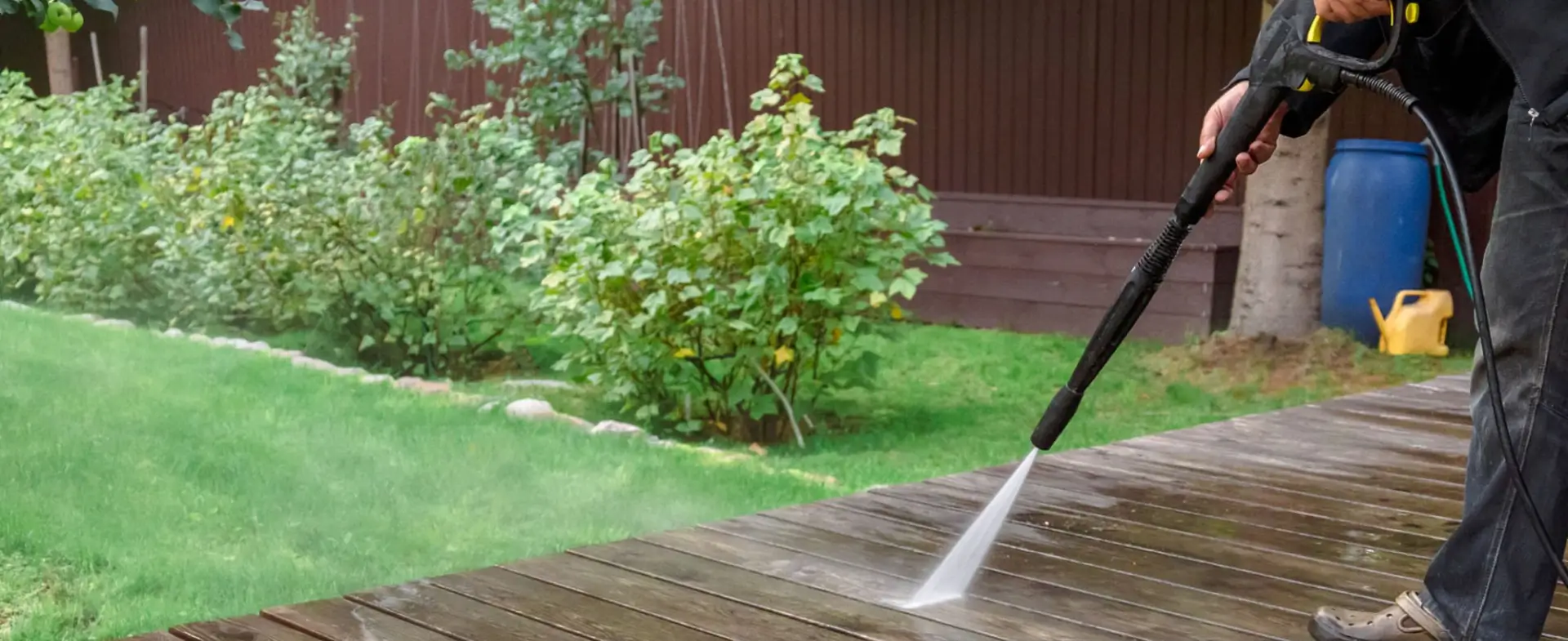Nov 30,2024

DJ Zoe Ball, 54, opened up about a painful jaw condition that she suffers with, on Wednesday evening.
In an Instagram post to her 739K followers, the radio presenter shared pictures of herself before and after a treatment in a London-based clinic and said: "I have TMJ and wake most days with awful headaches from tension and jaw clenching.
"So grateful to Helen @thesculptresslondon for her magic. This is my face after I’ve seen her, check out my face before – yikes – picture 2."
But what are the symptoms of this condition, and can it be treated?
We need your consent to load this Instagram contentWe use Instagram to manage extra content that can set cookies on your device and collect data about your activity. Please review their details and accept them to load the content.Manage Preferences
What is it?
"TMJ stands for the temporomandibular joint, which is the hinge that connects your jaw to your skull," explains Dr Rizwan Mahmood, dentist and co-founder of Rüh Dental. "This joint enables essential movements like speaking, chewing, and yawning and is vital for daily functions, and issues with it can cause significant discomfort."
People often mistakenly use TMJ to refer to the condition, but TMD is the more accurate term.
"TMJ refers to the joint itself, whereas TMD (temporomandibular disorder) describes the various conditions that can affect the joint and the surrounding muscles," clarifies Mahmood.
And there are three main types of temporomandibular disorders.
"The main types are joint disorders (like disc problems in the joint), muscle disorders (affecting the chewing muscles) and headaches linked to TMD," pinpointed Anni Seaborne, head of general dentistry at Bupa Dental Care.

What causes these problems?
"Jaw joint issues can have multiple causes, such as jaw injuries (like overstretching or dislocation), teeth grinding or clenching (bruxism), complex dental procedures (such as wisdom tooth removal), poor jaw posture or habits like biting nails or chewing hard objects," explains Seaborne.
What are the symptoms?
"Symptoms can include pain in the jaw, ear, neck, or shoulders and a restricted jaw movement or a locked jaw," says Seaborne. "People also experience clicking, popping, or grating sounds when moving the jaw, headaches and feeling like their bite is misaligned.
"Symptoms often improve on their own but may worsen with stress, chewing, or grinding."
We need your consent to load this Instagram contentWe use Instagram to manage extra content that can set cookies on your device and collect data about your activity. Please review their details and accept them to load the content.Manage Preferences
How can it impact everyday life?
"TMD can make simple activities like chewing, talking, or even yawning painful and difficult," says Mahmood. "It may also disrupt sleep patterns and impact focus and concentration, making it hard to function during the day."
Can it lead to any complications?
"If left untreated, TMD can lead to chronic pain, limited jaw mobility, and even long-term damage to the jaw joint," warns Mahmood. "It can also cause migraines, ear problems, and difficulty speaking or eating."
Can it be treated?
"Generally speaking, it can subside by itself, with recommendations for managing symptoms at home," says Nyree Whitley, chief clinical officer at mydentist. "This may include eating softer foods which are easier to chew, over-the-counter pain medication such as paracetamol or ibuprofen to manage any pain, reducing habits such as nail biting, jaw clenching or teeth grinding and applying a hot or cold compress to the face.
"In some instances, your dentist will also recommend using a mouth guard either at night or in the daytime to keep your teeth well protected."
However, if symptoms persist for more than three months, surgery may be considered.
"In these cases, a specialist may recommend other treatments including jaw manipulation under anaesthesia, muscle relaxant injections or surgery for severe cases (e.g., repairing or replacing the joint)," says Seaborne.
We need your consent to load this Instagram contentWe use Instagram to manage extra content that can set cookies on your device and collect data about your activity. Please review their details and accept them to load the content.Manage Preferences
Can you do anything to ease the symptoms yourself?
"Avoid opening your mouth really wide and avoid habits such as chewing your fingernails and gum," recommends Whitley. "Also avoid straining your neck and back with prolonged poor posture, for example, when you are working at a computer or a desk."
Adapting your lifestyle habits can also help.
"Eat foods that you do not need to chew hard or for a long time and do wear the hard bite guard if your dentist gives you one," advises Whitley. "Try to reduce the sources of stress in your life if possible and do more general physical exercise if you can.
"And finally, be patient. Nine out of 10 patients with TMD get better by following these simple suggestions."
.svg)
